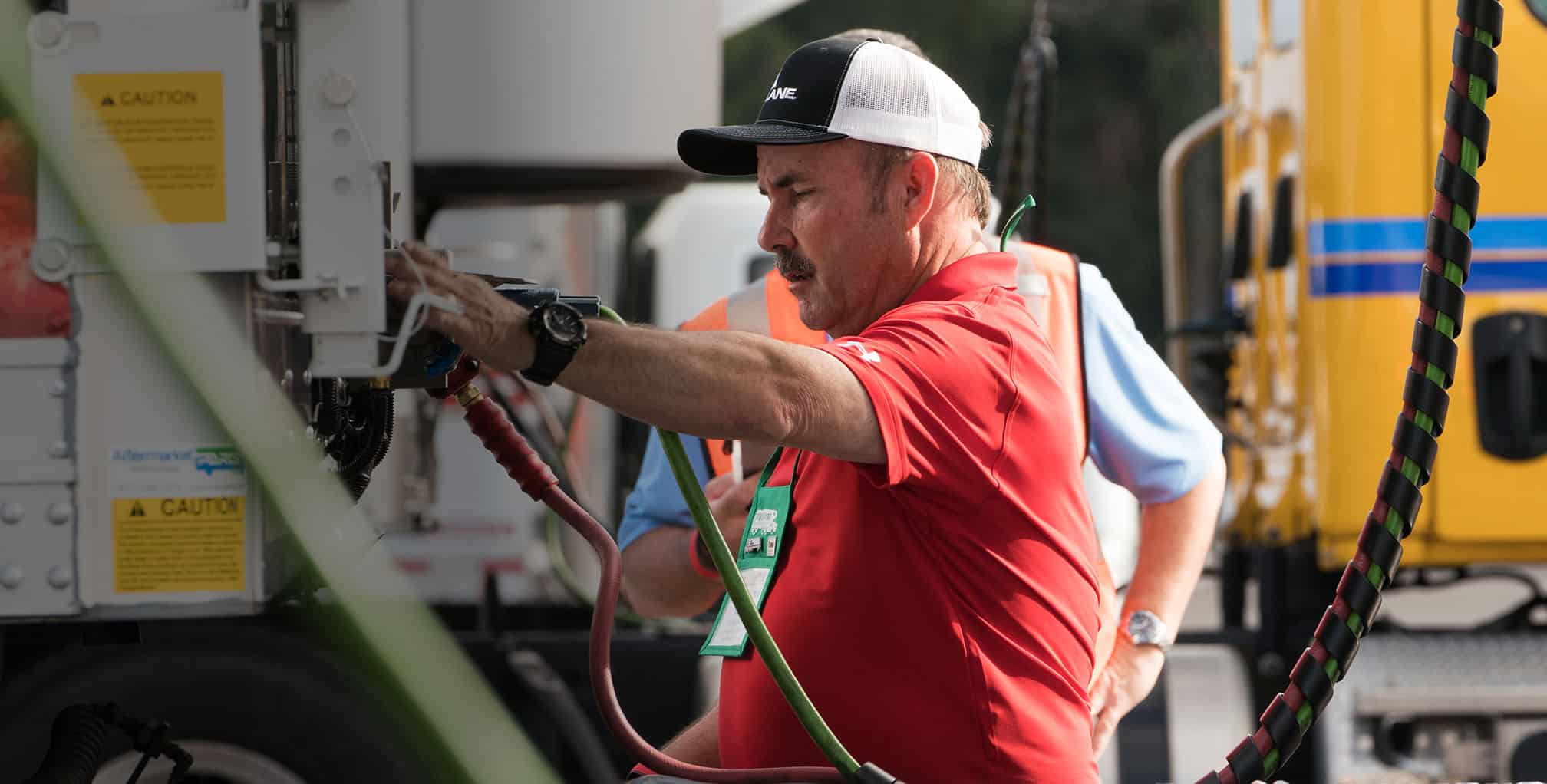
Industry Facts
Foodservice distributors play a critical role in the nation’s economy and communities across the United States.
What is the size of the foodservice distribution industry in the United States?
$0 BILLION
The foodservice distribution industry in the U.S. posts annual sales of $382 billion.
0 employees
The foodservice distribution industry in the U.S. employs 431,000 individuals.
0 vehicles
The foodservice distribution industry operates a combined vehicle fleet of 168,300
0 facilities
The foodservice distribution industry operates approximately 17,100 locations in the U.S.
0 BILLION cases
The foodservice distribution industry in the U.S. delivers 12 billion cases to professional kitchens each year – that’s 33 million cases per day, on average.
0 ancillary jobs
Each job in foodservice distribution supports another job elsewhere in the economy. The industry supports 487,000 ancillary jobs through supply chain and employee spending.
Are there good jobs and careers in foodservice distribution?
AVERAGE $30.02/HR FOR DELIVERY DRIVERS
The foodservice distribution industry in the U.S. posts
annual sales of $382 billion.
HIGHER ANNUAL COMPENSATION
IFDA research shows that compensation for foodservice distribution
executives and salaried personnel is higher than in many other distribution verticals.
MYRIAD OPPORTUNTIES FOR GEN Z AND MILLENNIALS
IFDA research shows foodservice distribution positions match what
Gen Z and Millennial workers are looking for in a job.
DOZENS OF CAREER PATHS AVAILABLE
The foodservice distribution industry has myriad opportunities for
good-paying jobs and career paths, from warehouse selectors and
delivery drivers, to HR and IT.
What is the composition of the foodservice distribution industry workforce?
0 drivers
Foodservice distribution companies employ
135,000 drivers, comprising 31% of the total
workforce.
0 warehouse workers
Foodservice distribution companies employ
181,000 warehouse workers, comprising
42% of the total workforce.
0% of C-Suite
Women make up 15% of executive roles,
18% of supervisory roles, and 21% of sales
roles in foodservice distribution.
0% of drivers
People of color make up 40% of delivery drivers,
47% of warehouse roles and 28% of
supervisory roles in foodservice distribution.
What are typical performance metrics for foodservice distribution businesses?
0%
Median net profit margin of a foodservice
distribution business was 3.9% in 2021.
$0
Median sales per employee in a foodservice
distribution business was $725,518 in 2021
$0
Median sales per square foot of warehouse space
in a foodservice distribution business was $973 in 2021.